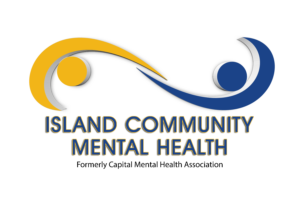The Worst Ways to Treat Depression
Have you ever tried to eat, sleep, or drink your blues away?
Booze, comfort food, and all-day snooze-fests can temporarily numb feelings of depression — and because of that, self-medicating with these methods (instead of actually getting to the source of your depression and seeking treatment) may sound like a viable quick fix.
Actually, numbing your blue mood with unhealthy coping mechanisms may be one of the first signs of depression, explains Stephanie A. Gamble, PhD, assistant professor in the department of psychiatry at the University of Rochester Medical Center in New York. Gamble’s current research into depression in alcohol-dependent women reveals that many women aren’t fully aware of the link between their depression symptoms and their alcohol use until they take a lifetime look at their alcohol usage — when they started, and what they were using alcohol in reaction to.
By some estimates, nearly one in three people with depression have a substance abuse disorder, such as drugs or alcohol. But turning to these vices won’t actually get you the depression relief you seek — instead, it can just make things worse. On top of feeling depressed, you may find yourself in the midst of financial hardship, family conflict, and worsened mood.
To read more click here.







